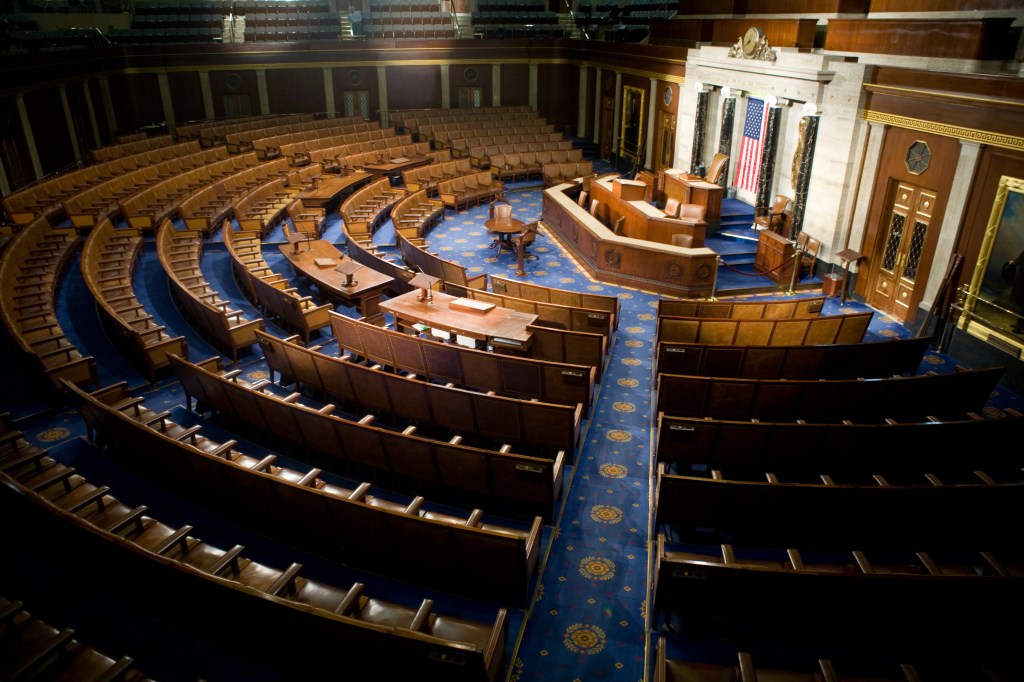Political leaders in the US have been urged to “preserve the critical role that state securities regulators play in our capital markets as fighters of fraud, market manipulation, and similar abuses.”
The plea comes from the North American Securities Administrators Association (NASAA) – through its president, Leslie Van Buskirk –letter
Register for free to keep reading
To continue reading this article and unlock full access to GRIP, register now. You’ll enjoy free access to all content until our subscription service launches in early 2026.
- Unlimited access to industry insights
- Stay on top of key rules and regulatory changes with our Rules Navigator
- Ad-free experience with no distractions
- Regular podcasts from trusted external experts
- Fresh compliance and regulatory content every day












